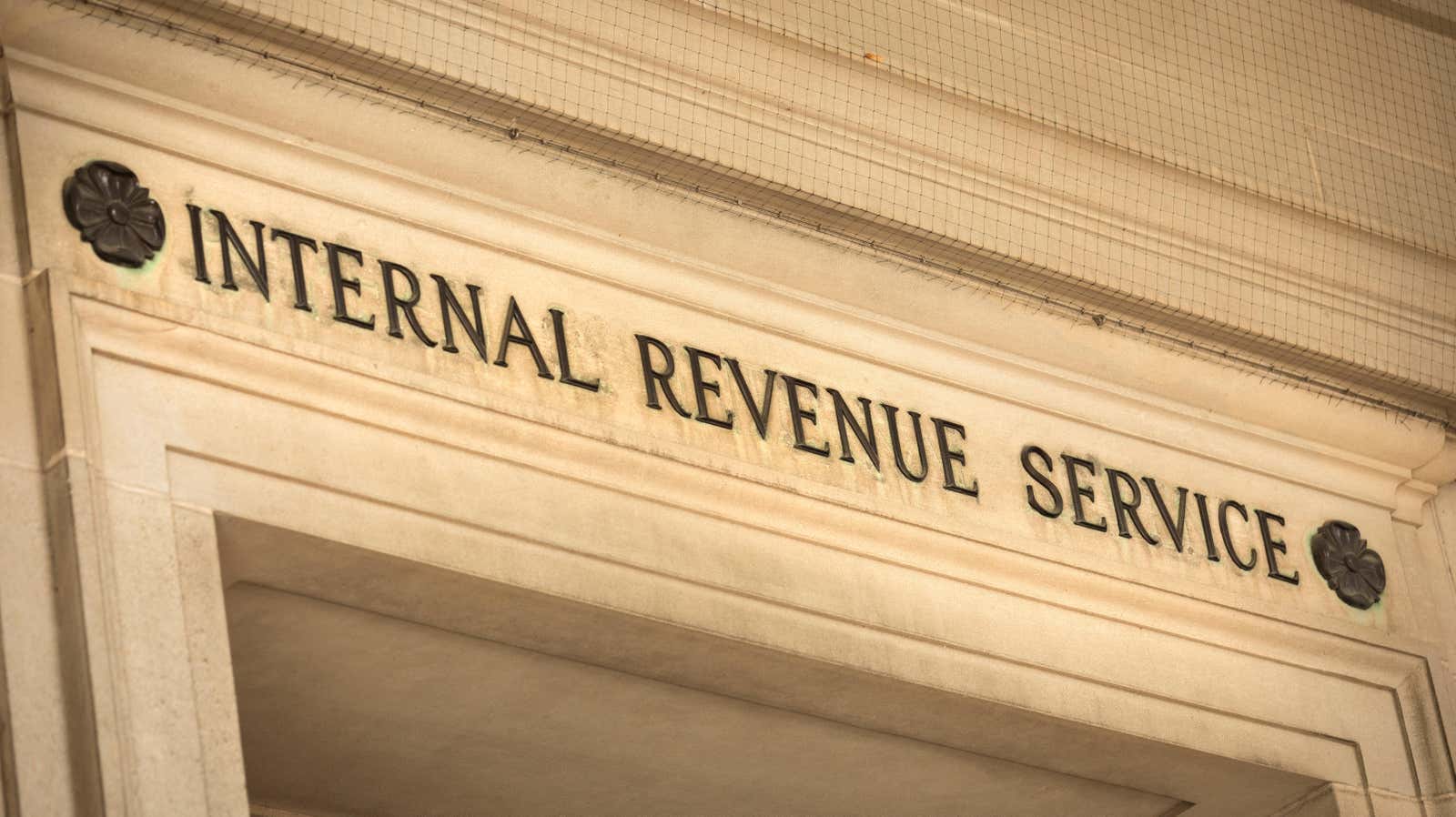This Text From “IRS” Is a Scam

It is rather disturbing to receive a text message from the IRS claiming that it is suing you for suspicious activity and the only way to cancel the arrest warrant is to submit your personal information immediately. But you should never do this. In late September, the Internal Revenue Service alerted the public to a rise in “smishing” about the IRS with the intention of stealing your personal and financial information. This year alone, the IRS has officially identified thousands of such fraudulent source domains, with the number of cases increasing exponentially over the past few weeks.
“In recent months, the IRS has reported several large-scale smishing campaigns that have delivered thousands and even hundreds of thousands of IRS-related messages in hours or days, far exceeding previous levels of activity,” IRS Commissioner Chuck Rettig said. said in a press release last month.
What is “smishing scam”?
Smishing is the fraudulent practice of targeting victims via text messages using the name of a reputable company or organization in order to trick them into giving up personal information.
Some more advanced methods send you an alphanumeric “verification code” to your phone and ask you to speak or send it back to them via text or phone. Once the scammers get this code, they will have full access to your information and will be able to access accounts under your name. Never send verification codes back to unverified sources.
How to recognize fake IRS texts
The most important thing to remember is that the IRS will never contact you via email or text message asking you to provide any personal or financial information or account numbers. First, they communicate through the official ground mail.
Texts purporting to be from the IRS are coming in, offering services such as fake COVID benefits, tax breaks, or help setting up accounts. If you are sent a link that asks you to enter any personal information, even if you are offered some service in return, that is a red flag.
What to do if you receive one of these texts
A good rule of thumb when you’re not sure whether to share any sensitive information over the phone, text message, or online is to call the organization’s official number and cross-check to make sure the information, which you are asked to provide is indeed required. If the organization has no record of needing this information from you, you can be sure that you have been the target of a scam.
The next best thing to do is provide the number to phishing@irs.gov. This will help the IRS keep track of the latest tactics and report them to service providers who can take action against these fraudulent domains so others don’t fall victim.
The following steps are the official IRS instructions for reporting a smishing:
- Send an email to phishing@irs.gov.
- Copy the caller ID number (or email address).
- Insert the number (or email address) into the email.
- Press and hold the SMS/text message and select “copy”.
- Insert a message into an email.
- If possible, include the exact date, time, time zone, and phone number that received the message.
- Send an email to phishing@irs.gov.